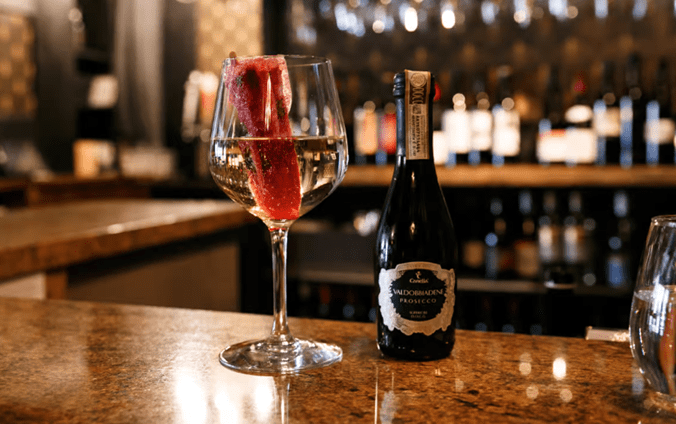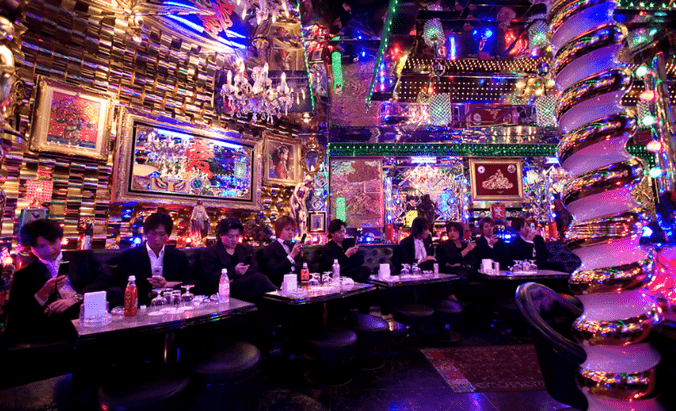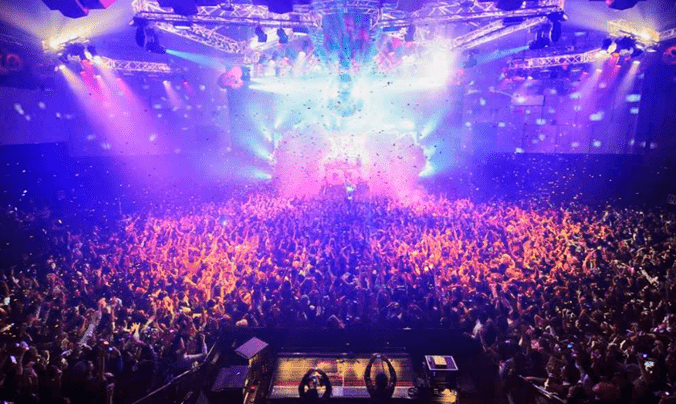Market research before 밤알바구인 applying for a job might boost marketability. Work-life balance involves weekly work hours. Long workdays may create stress, burnout, and damage to the body and mind. Overworked employees may affect the economy. You can. Careers that…
Tuition and living 밤알바구직 costs may need additional funds. Relax—you’re like everyone else. Enjoy success. The biggest advantage of working nights is that it doesn’t disrupt a person’s daily routine. The day’s duties are minimal. Are you? Read on. Nighttime…
Tuition and living 여자고소득알바 costs may need additional funds. Relax—you’re like everyone else. Enjoy success. The biggest advantage of working nights is that it doesn’t disrupt a person’s daily routine. The day’s duties are minimal. Are you? Read on. Nighttime…
Night workers have 밤알바광고 several service sector jobs owing to their schedules. Nighttime job may suit you. Late-shifters and commuters may find employment. This resource may you find flexible work. This wide category includes various interesting subfields that require more…
Many 업소알바 individuals, particularly those with non-standard schedules, have additional career possibilities due to home-based work. Non-standard scheduling necessitates this. Misusing liberty is especially true. Future actions must be suitable. This information may help post-9 a.m. workers. Internet and other…
For extra cash and 고페이알바 time off, a night job may help. This may have several reasons. Part-time nightshift work may aid students. Part-time jobs are less strenuous. Find out everything you can. These careers are perfect for full-time professionals,…
Preparation helps 조건알바 night shift workers succeed. Night shifters especially. Circadian cycle disturbance may cause discomfort and weariness. It may be urgent. This critical issue requires prompt, comprehensive action. Since most people sleep, night employees work alone. Most sleep all…
Many struggle to 여자밤알바 wake up early. They needed breakfast and organization before their task. Even late-nighters should get adequate sleep. Dayshifting is as hard as nightshifting. Later-producers have several work alternatives. This helps unwind after a hard day. Work…
Australia’s strong economy and 악녀알바 job market attract foreigners seeking work. Australia has several employment opportunities for competent foreign employees due to its different businesses and sectors. Australia’s excellent level of life attracts workers. Australians have good healthcare and education….
Foreign 퀸알바 workers are flocking to Australia. Australia’s robust economy, diversified culture, and excellent quality of living attract many foreign workers. However, obtaining a work abroad is difficult. Foreigners seeking employment in Australia might benefit from understanding the job market…









